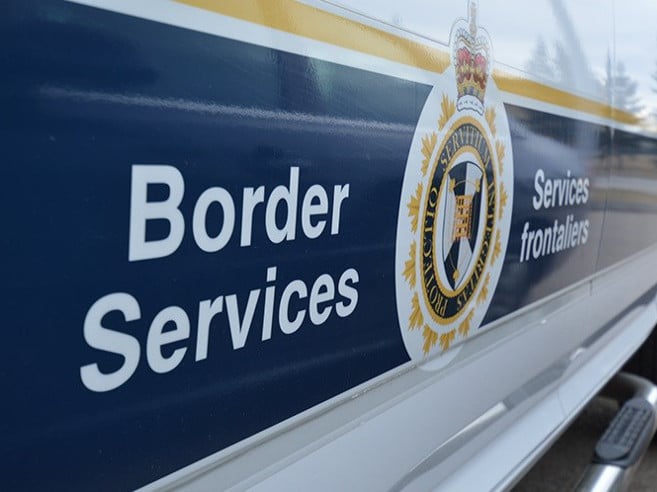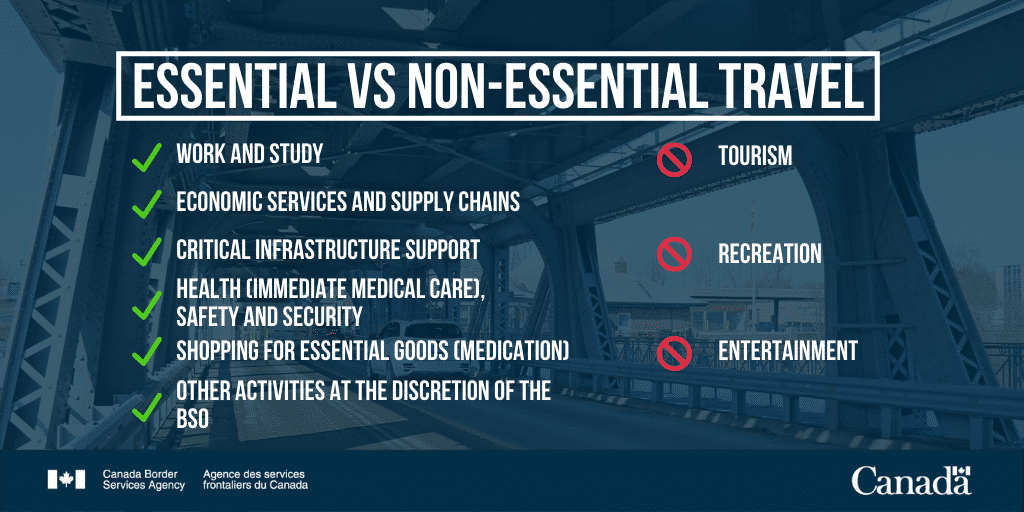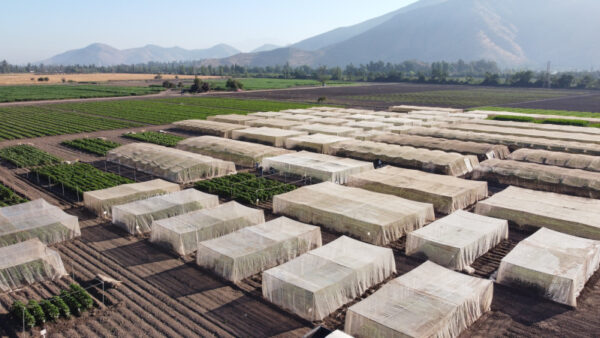After some uncertainty last week surrounding the closure of the Canada-U.S. border to all but essential travel, the federal government has eased concerns with regard to temporary agricultural workers and the definition of non-essential travel.
Agriculture minister Marie-Claude Bibeau released a statement saying temporary foreign workers will be allowed on farms providing they follow protocols including a health screening before they arrive and a 14-day isolation upon their arrival in Canada. Every year, over 60,000 temporary foreign workers come to Canada to work in our agriculture and agri-food sector.
“Every measure will be taken to follow necessary health requirements, including thorough pre-screening, supervised isolation upon arrival, and employee monitoring,” Bibeau said.

Prior to the announcement, some seed industry stakeholders expressed concern surrounding the news that the federal government was not allowing foreigners into the country in light of the COVID-19 pandemic.
Wayne Gale, president of Ontario vegetable and flower seed company Stokes Seeds, said temporary foreign workers are essential to the horticulture industry and that seed companies like his could feel the effects of growers not purchasing seed if they couldn’t access the foreign labour to do the harvesting.
Gale also expressed concern after the federal government announced the closure of the Canada-U.S. border to all but non-essential travel. The U.S.-Canada land border serves as an economic engine that supports over $2.4 billion in daily trade.
On Friday, the prime minister’s office issued a statement specifying that “non-essential” travel includes travel that is considered tourism or recreational in nature. Business travel will still be permitted.
The measure is in place for 30 days. Gale noted that agriculture is deemed an essential service by both Canada and the United States, which helps ensure agriculture-related travel is given the necessary consideration.
“The United States and Canada recognize it is critical we preserve supply chains between both countries. These supply chains ensure that food, fuel, and life-saving medicines reach people on both sides of the border,” the prime minister’s statement reads. “Supply chains, including trucking, will not be impacted by this new measure. Americans and Canadians also cross the land border every day to do essential work or for other urgent or essential reasons, and that travel will not be impacted.”













